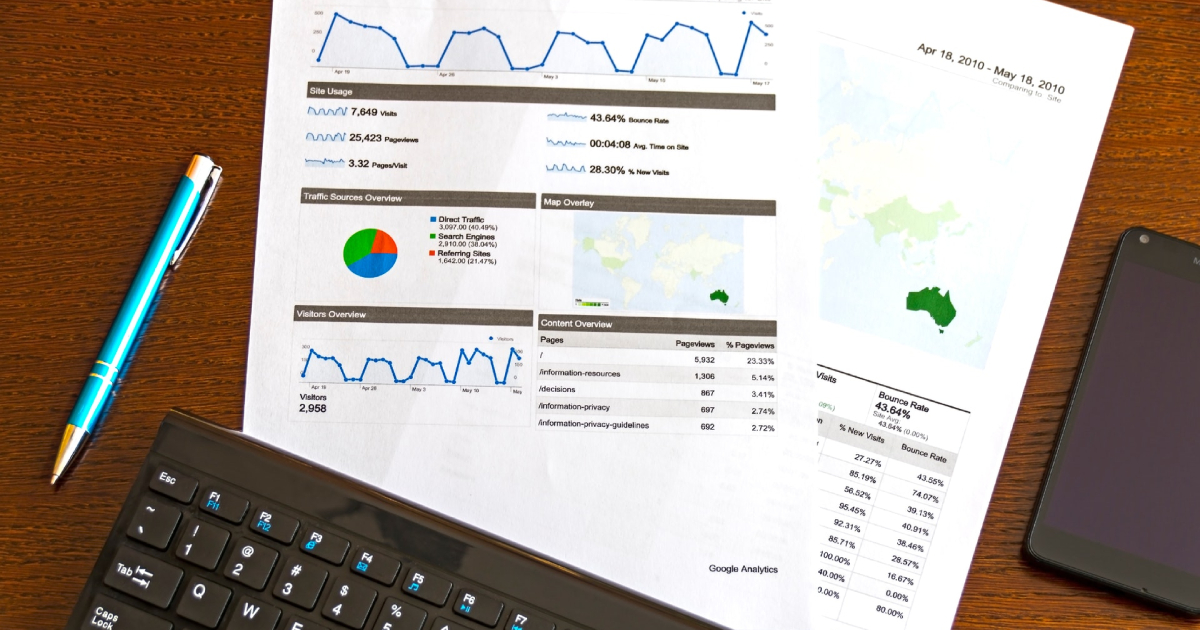Sales tracking is a vital component of any e-commerce company. Many companies are already doing so and are seeing a significant boost in sales and customer satisfaction. So, if yours doesn’t rely on a system like this already, it must be able to integrate both sales monitoring and a management system quickly.
In this post, we’ll look at why you need sales monitoring software and how it can ultimately help you grow and sustain a business in the long run.
So, let’s start from the beginning.
What is sales tracking?

If all that sounds too technical for you, let us put it into simpler terms. Improving visibility and accountability of the sales funnel, cycle, activities, and outcomes are vital components of sales tracking. Essentially, sales tracking includes monitoring and analyzing various sales processes to improve them.
Although monitoring sales is standard protocol, most sales teams use a sales tracker to automate the process. Despite this, most of the software out there still requires some elbow grease, and well, let’s call it human intervention.
With the help of such a tool, everyone on your sales team will be able to quickly get up to speed on a deal, ensure no opportunities fall through the cracks, and measure performance against set goals.
There are several ways sales tracking can help you boost sales, but some of the most significant are:
- identifying and correcting problems in real-time.
- analysis of the data you need to succeed
- helps your sales team identify problem areas and gives them access to essential info
Why are sales tracking essential to your sales?
1. Identifying issues and correcting them in real-time

Sales tracking enables you to pinpoint the source of any performance issues. If anyone on your sales team is not on pace with their objectives, you can take a look, analyze how the group operates, and identify pain spots.
That allows you to make course corrections sooner rather than waiting until the end of the month or quarter to discover that your team is not on track to meet its revenue targets. You’ll know what to coach your reps on, and you’ll be able to see their improvement as time goes on.
2. Keeping track of your objectives
Every successful business’s (KPI) key performance indicator is revenue. It’s hard to know what steps to take to reach your goals if you’re not keeping close tabs on what drives your revenue.
It will be simpler to statistically monitor and accomplish more predictably if you have a centralized spot to track performance and progress toward your income targets. Hence, this is where sales tracking comes into place.
3. Sales reports

Building on our previous tip. You’ll have a clearer perspective of your sales operation by taking advantage of sales tracking. That means you’ll have a lot more data to examine your daily activities and company transactions, making it much easier to find out what’s working and what isn’t, or which products are selling and which aren’t.
Rather than presuming, this step helps you make choices based on evidence, aka data, rather than a hunch or an umbrella trend. A better sales activity analysis will help you avoid mistakes and help you discover obstacles and areas where you need to improve.
4. Learn about what can lead your business to success
We’ve already mentioned that sales tracking can help you identify what’s working and what’s not, but it’s not just applicable to products. Comparing the activities of your high performers versus those of your poor performers is a simple technique to figure out which actions lead to success.
Using your activity data, identify top performers for each action in your sales process. Examine their habits to see what they are doing better than the rest of your reps.
Take your top performers’ best practices and convert them into repeatable procedures for the whole team. That is a simple step you can take to improve the team and lead them to success.
5. Customer satisfaction remains a priority

Any small business that hopes to survive in a market of giants and billion-dollar corporations must prioritize excellent customer service. You can readily identify what your consumers enjoy about your business if you have a sales monitoring system.
Hence, this will help you stay relevant in your industry for a long time. As you focus on this, you will earn trust, gain testimonies, and, as a result, more purchases.
Final Thoughts
Is it essential for literal every company to keep track of sales? I think we’ve all worked it out by now. Keeping track of sales growth is just as important as opening your store for business every day.

